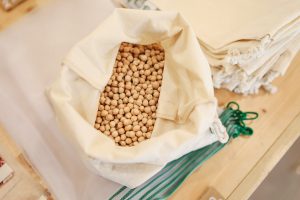8 Power Foods for Optimal Kidney Health
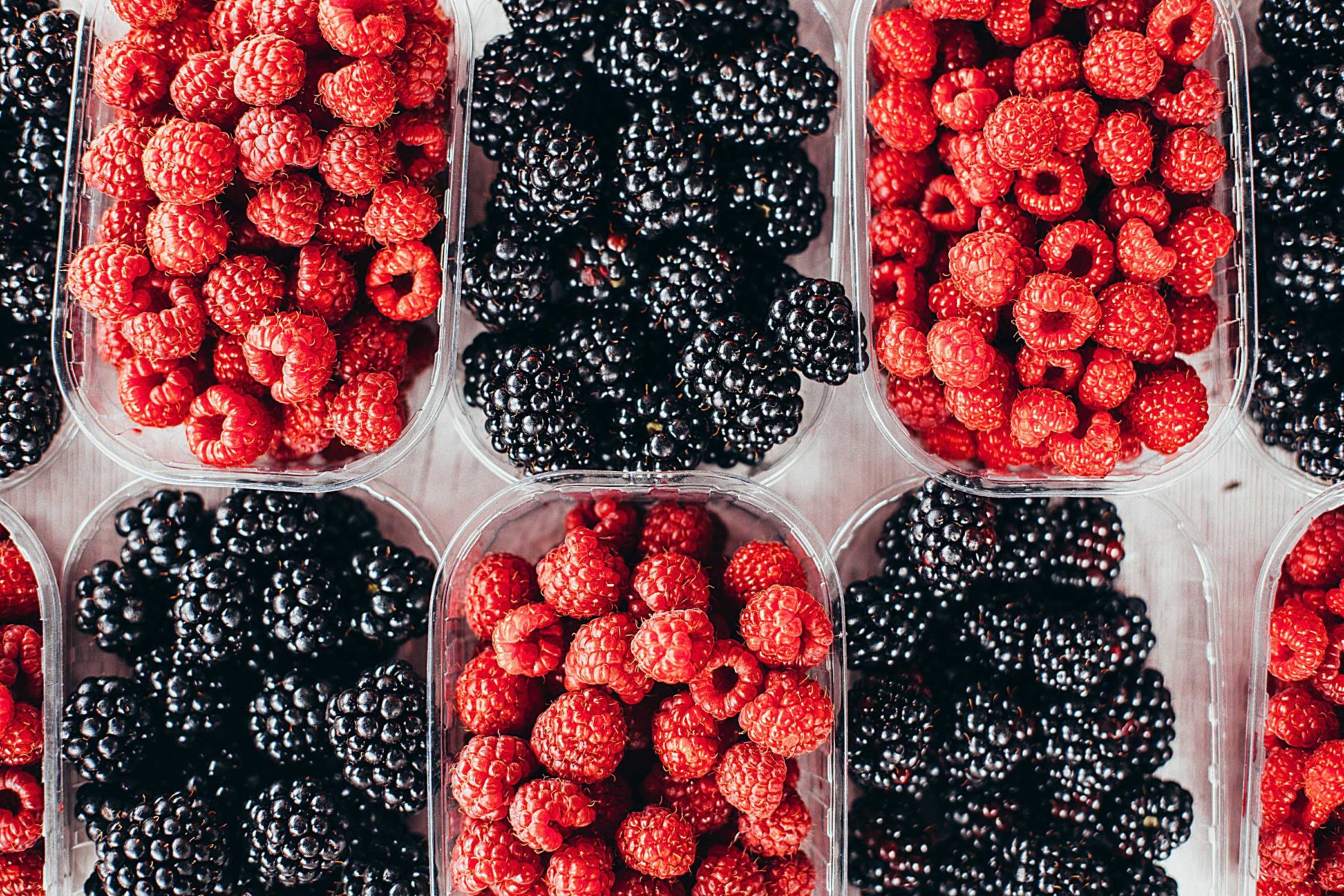
Did you know that your kidneys are your body’s primary filtration system? These vital organs rid your blood of waste and toxins before releasing it back into the bloodstream. Over time, your kidneys may lose their functionality, which is why it’s important to do everything you can to promote their health and prevent damage.
Luckily, there are plenty of natural foods that are packed with the nutrients needed to protect your kidneys. If you are prone to kidney damage, chronic kidney disease (CKD) or end stage renal disease (ESRD), consider adding the following power foods into your diet for optimal kidney function.
1. Leafy greens
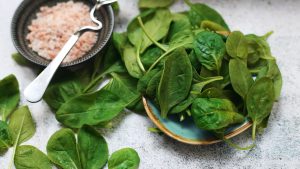
It’s no secret that green vegetables are a staple in any balanced diet, so it should be no surprise that they’re good for your kidneys, too! Dark leafy greens like spinach, kale and chard are packed with vitamins, fibers and minerals that promote healthy renal function. Many of these veggies also have antioxidants and other protective compounds that can make your kidneys’ job easier as they filter the blood.
Some leafy greens, however, can have a lot of potassium and phosphorus, which can be dangerous for your kidneys when consumed in high quantities. If you have kidney complications, high creatinine level symptoms or are on dialysis for CKD, ask your doctor if you should limit the amount of greens in your diet. If so, you can substitute many of these options for arugula, which is generally lower in potassium while still having all the rich fiber and nutrients you need.
2. Flax seeds
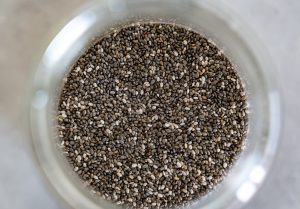
When it comes to power foods, flax seeds are high on the list. They are a raw source of omega-3 fatty acids, which when combined with other enzymes, have shown to reduce your heart rate and improve kidney function. Flaxseed oil can also be used as an omega-3 supplement.
Flax seeds also serve as a great source of fiber, magnesium and other nutrients. You can find this ingredient in many cereals, whole grain breads and crackers, energy bars and other healthy snack foods.
3. Walnuts
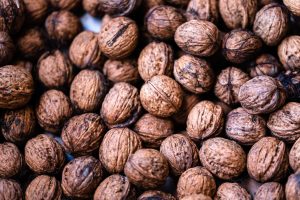
Walnuts are another great source of fiber and nutrients that are good for your kidneys. These nuts contain copper, manganese, vitamin E and other important plant-based compounds.
The richest part of the nut is its skin, so make sure you don’t remove it when throwing a few of these into your salad or snack. The skin contains most of the walnuts’ phenolic antioxidants, which help reduce your risk of cardiovascular disease, diabetes, cancer and inflammatory diseases that can impact kidney function.
4. Soybeans
Soybeans offer tons of fiber, riboflavin, folate, vitamin K, magnesium and potassium. Soy products could be a good plant-based alternative for protein as well, reducing your risk for high cholesterol and kidney-related complications.
Make sure you talk to your doctor about whether or not these nutrient-rich beans would be good to add to your kidney-friendly diet, as the potassium and omega-6 fatty acids may cause inflammation.
5. Sweet Potatoes
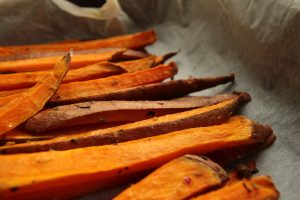
If you’re craving something a little more sweet and savory, try incorporating sweet potatoes into your diet. Sweet potatoes have more fiber than regular white potatoes, causing them to break down more slowly and leading to lower spikes in insulin levels.
Packed with vitamins and minerals, sweet potatoes may also help regulate sodium levels in the body, lessening its negative impact on the kidneys. However, like a few other foods in this list, sweet potatoes are high in potassium, so people with CKD should consult their doctor beforehand for their recommendations.
6. Berries
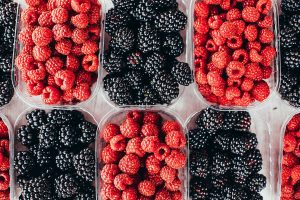
Speaking of a sweet tooth, there are plenty of fruits that are kidney-friendly as well. Be careful though, as some fruits are better than others when it comes to kidney health. Dark berries, for instance – strawberries, blueberries and raspberries – can boost your intake of nutrients and antioxidants, which can protect the cells in the body from damage.
Berries are better for your kidneys than say, a banana, which is loaded with potassium, or other sweet treats. If you can, avoid consuming too much processed sugar, which can be more work for your body to filter out.
7. Apples
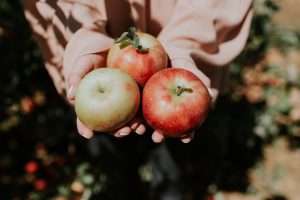
Apples are another great way to satisfy your craving for sweets when you’re watching your kidney health. Apples contain a fiber called pectin, which may help reduce blood sugar levels and cholesterol levels, both of which are risk factors for kidney damage.
In addition to their kidney-specific health benefits, apples contain antioxidants such as quercetin, catechin, phloridzin and chlorogenic acid, which can help reduce your risk of cancer, obesity, heart disease, diabetes, and several other health conditions.
8. Cauliflower
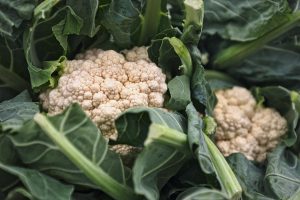
Another vegetable that provides plenty of nutrients to support kidney health is cauliflower. This versatile veggie is also limited in sodium, phosphorus and potassium, making it a great option for those with kidney damage.
People who live with CKD or ESRD can use cauliflower as a replacement for a few different starches you may be missing, such as rice and mashed potatoes. You can even make pizza crust out of cauliflower, if you’re feeling ambitious.
If you have any range of kidney complications, these eight power foods can help keep your levels under control while offering a vibrant array of creative meal options.
